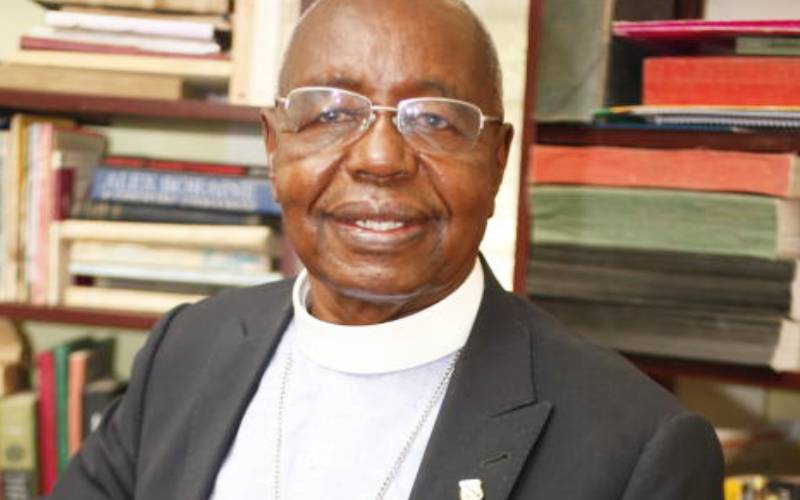×
The Standard e-Paper
Stay Informed, Even Offline

Archbishop Emeritus Ndingi Mwana a’Nzeki, who died yesterday, has been described as a model of the Christian faith and a leader whose mind, faith and courage superseded his generation.